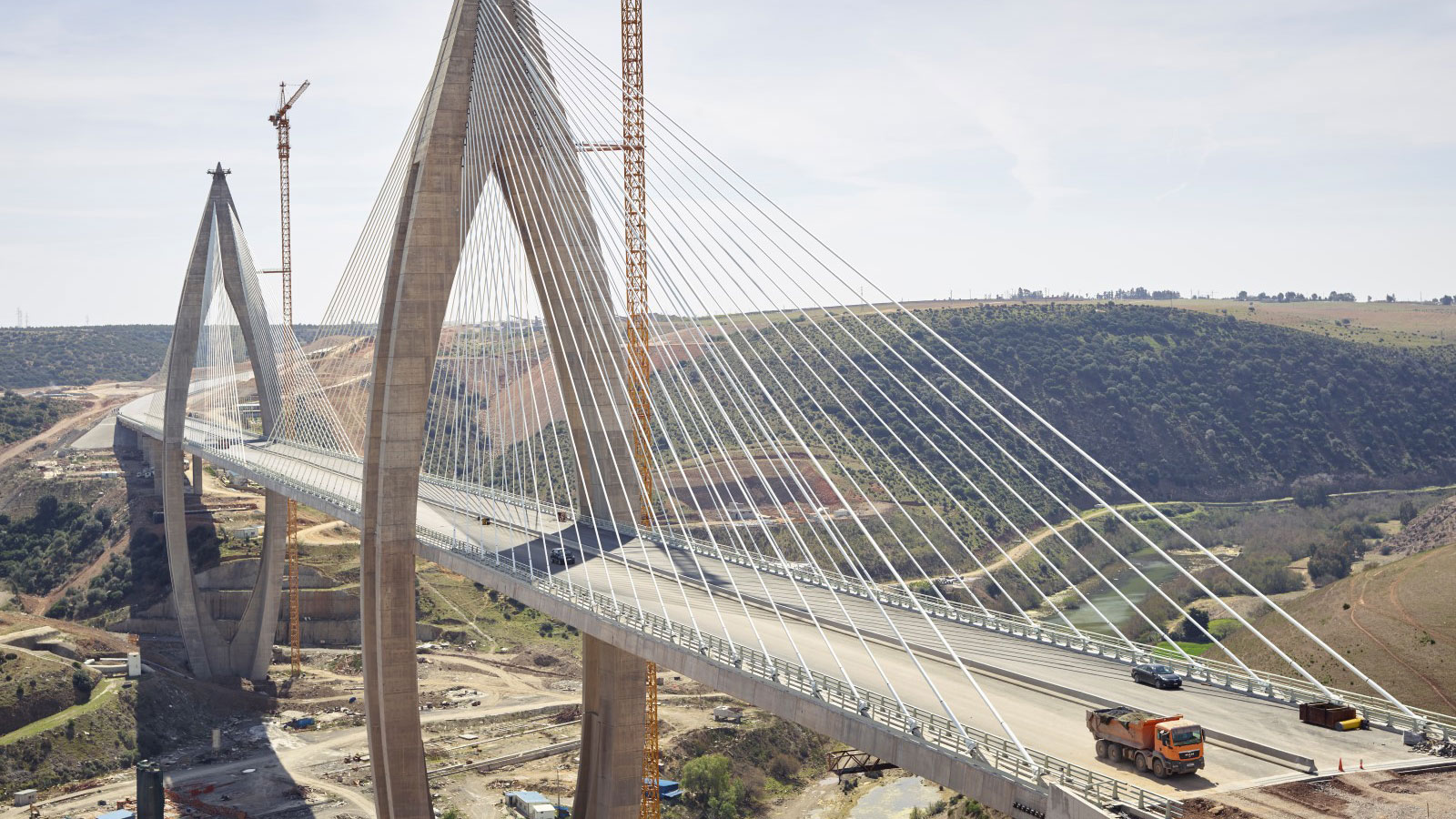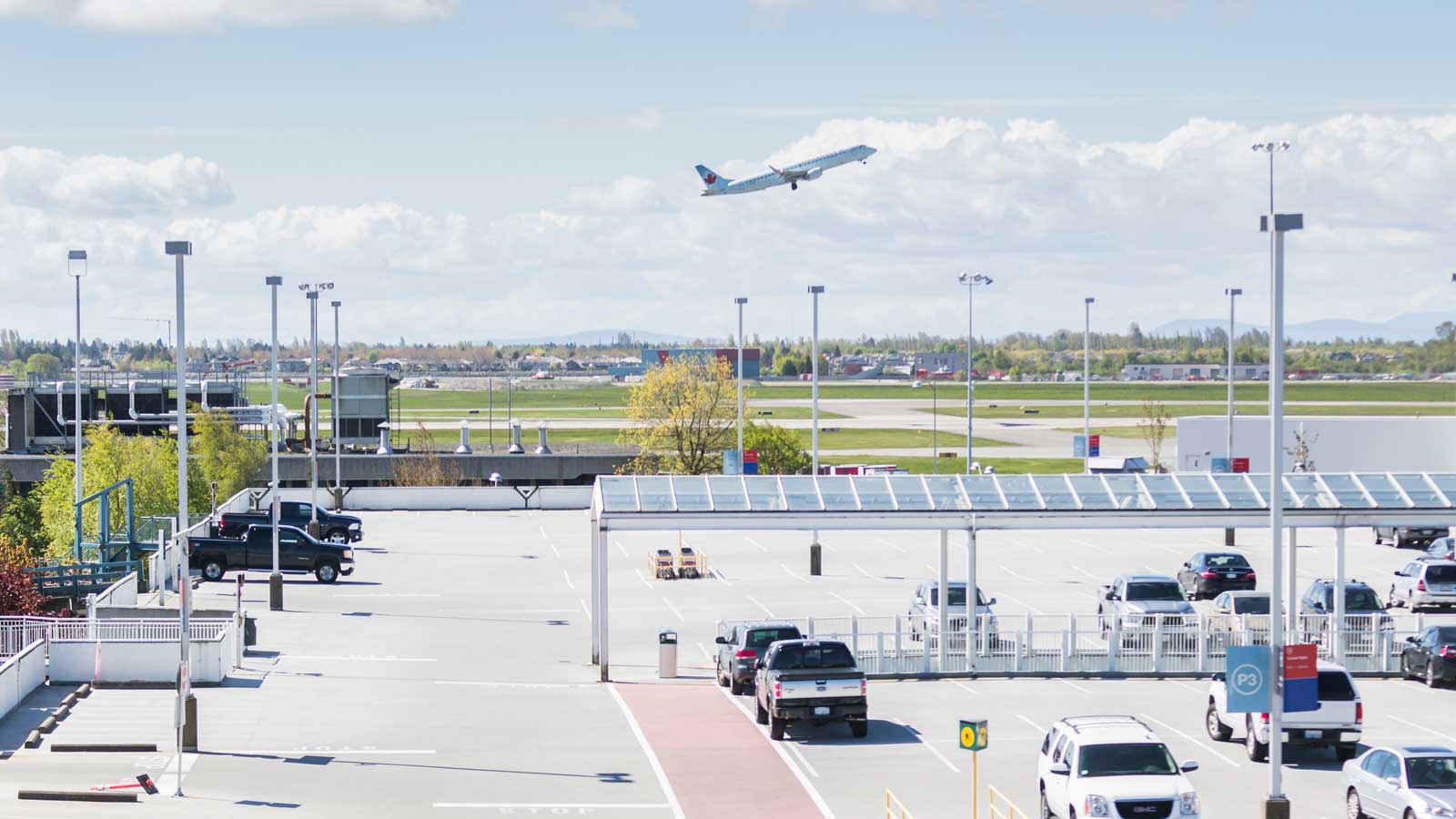Transportation and logistics

PwC's transport and logistics experts will provide assistance on financial transparency, sound risk management processes and state-of-the-art technology.
Due to advancing globalisation, declining trade barriers and an increasingly mobile workforce, the transport and logistics industry continues to enjoy above-average growth.
How we can help
The markets are on the move:
By expanding their service offerings both upstream and downstream, transport companies and logistics service providers are also becoming masters of their supply chain – both forward and backward. International growth through acquisitions, joint ventures and alliances are also reshaping the industry. Under these conditions, new corporate strategies and processes are required.
Postal operators, many of which face global competition and an erosion of their local domestic monopolies, are following an aggressive approach – entering new markets with integrated express, logistics and transportation service packages. The national and regional rail companies , too, are gradually being exposed to competition. And goods traffic is marked by a fierce power struggle between road and rail, which has forced rail companies to make significant improvements in their productivity and performance.
In the aviation sector, market liberalisation has raised the importance of customer management, technical cooperation and investment strategies. Low-cost airlines are helping to shape the price policies of network carriers in their traditional market segments. The permanent threat of terrorism creates an additional element of uncertainty and challenges airlines and travel companies to implement highly effective security and risk management systems.
In terms of added value, travel services is a rather weak sector under tremendous pressure to adapt to a changing industry. The mostly commercial enterprises in this sector are challenged by international travel groups and hotel chains that play off their size and marketing advantages and focus on globally oriented clients.

In these times of change, what is required of transport and logistics enterprises? Financial transparency, sound risk management processes and state-of-the-art technology. At PwC, our transportation and logistics experts can provide assistance on these matters and more, including ways to enable world-wide alliances and quality partnerships between your company and others.
Find your industry below and get in touch:






















